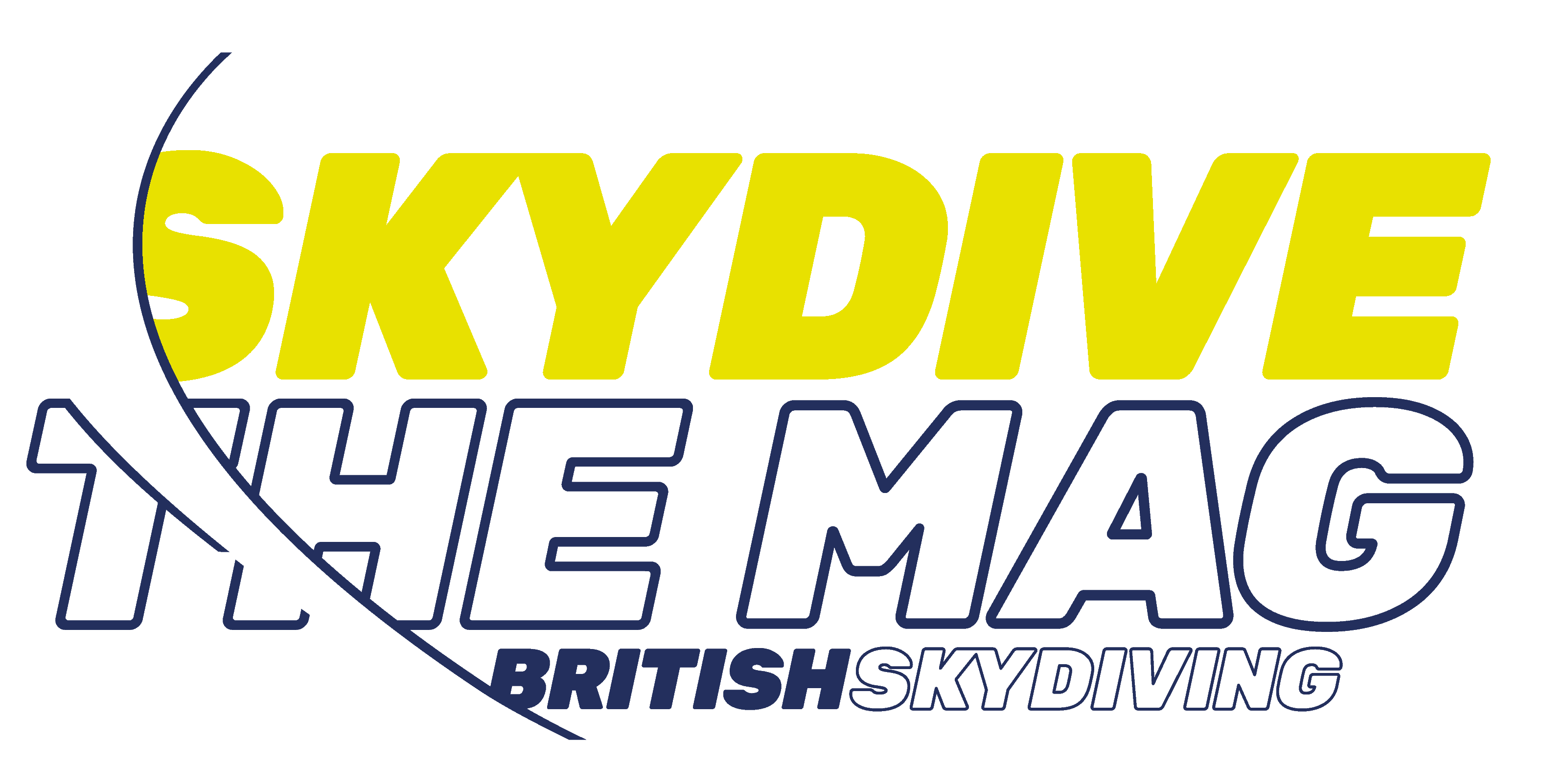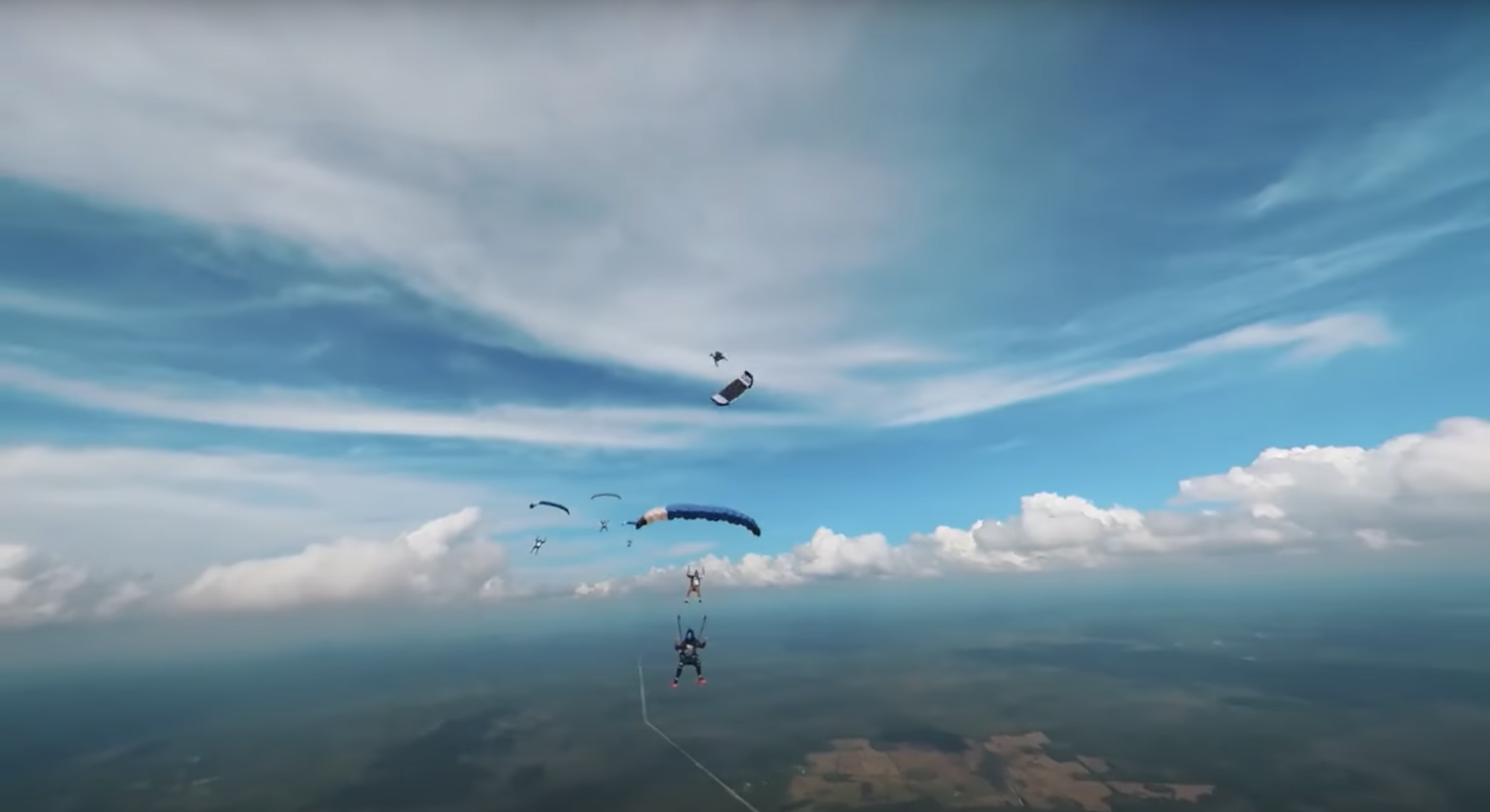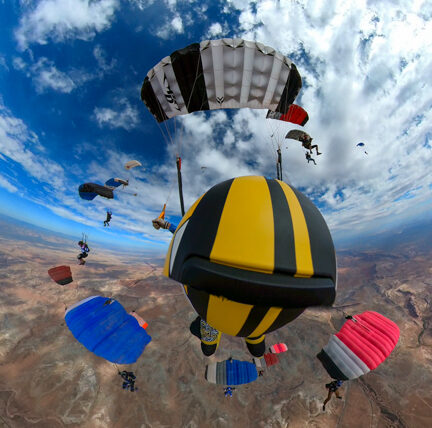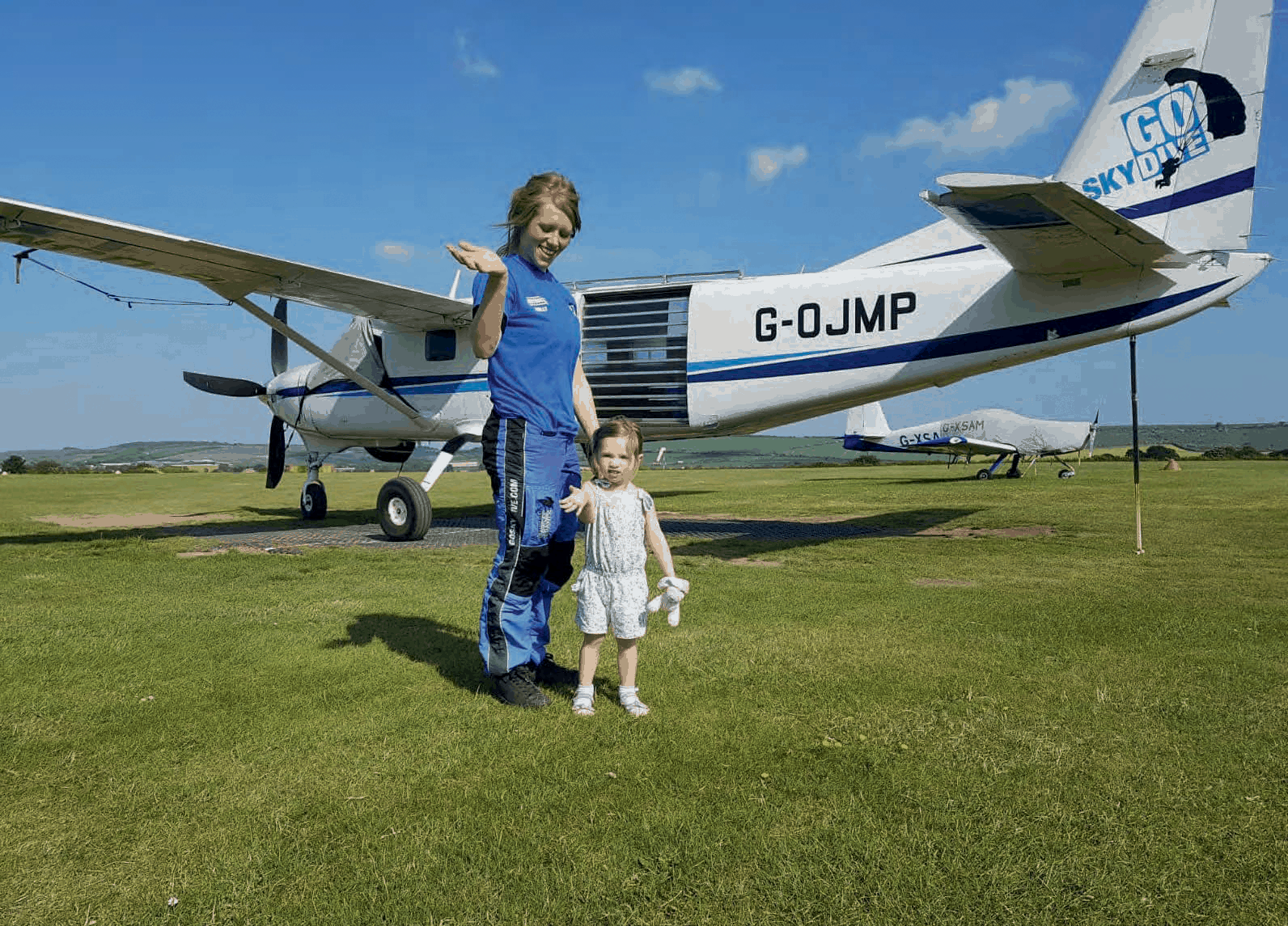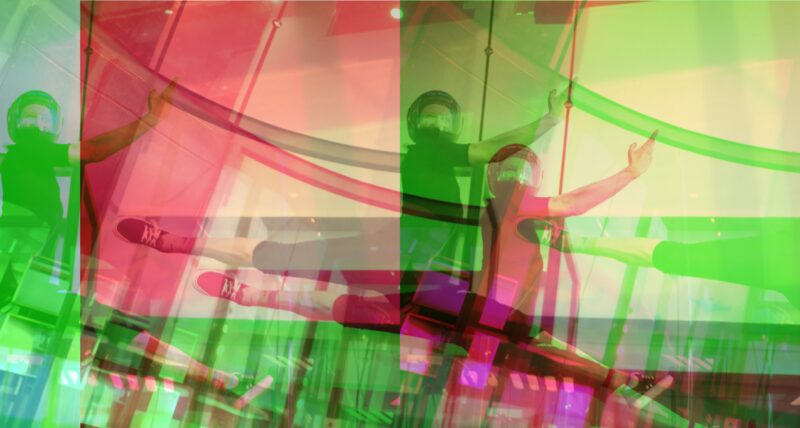To Skill Up as an Instructor, Skill Up as a Communicator
By Emily Aucutt
I wrote my first article for this mag at the start of the summer. In it, I spoke about the power of opening up conversations about inclusivity – and leading discussions that investigate the obstacles that could potentially block the path to an A licence.
It may be that I’m becoming more aware of the conversations that are already happening. Perhaps this is a conversation that is being more openly and frequently approached on the dropzones. Either way, since the beginning of this summer, I’ve seen an increasingly positive attitude to widening the inclusivity and accessibility of our sport.
In October, I was lucky enough to have been asked by Kate Lindsley to be a part of one such conversation. The format was a webinar, viewable here, centred around the subject of disabilities in skydiving. Several people spoke very candidly about their own experiences of disability within the sport. It was a lovely evening – and a great example of this building awareness. I am hopeful that conversations like this will lead, small step by small step, to big changes in the accessibility of our sport.
It was such a lovely evening, in fact, that I would like to share it with you – and, hopefully, share some of the inspiration that I myself experienced. In service of that goal, I asked some of the people that spoke at the webinar to summarise what they brought to that digital table. To name names: event organiser Kate Lindsley, Pete Allum, Al Hodgson, Sara Orton, Ian Rayner and Stefan Tripke. I asked each of them the same two questions:
1) Why do you feel conversations like this are so important to have?
2) What advice would you advise skydivers to keep in mind when discussing disabilities in our sport?
I hope these beautiful answers give you the same feeling of buoyancy and possibility that they did for me.

KATE LINDSLEY
“I have always had a keen interest in understanding and promoting diversity and inclusivity in the sport. Whilst being lucky enough to travel as a skydiver, I was starting to see some excellent projects, equipment and initiatives coming out of other countries and parachute organisations in relation to disability.
In 2023, the National Outdoor Nationals in Germany introduced a disability category. It occurred alongside a surge in the momentum of the Indoor HandiFly competition and the work of the FAI Disability Working Group. Therefore, at the start of the year I embarked on a personal research project to try and gain some understanding of the experience of people with disabilities in the sport – the barriers that people with disabilities face, both as tandem students and sports skydivers – and, in doing so, find some ideas on how we may be able to break down some of these barriers to make our sport more accessible.
I was also lucky enough to be able to attend the Para Boogie in Germany this year, where I got to see what a dropzone can achieve with the drive, dedication and national governing body support. There, I was able to observe the Rainbow handicap tandem system suit in use, which allows some people with paraplegia and tetraplegia to experience tandem skydiving with higher levels of safety. I also got to observe AFF courses being run for people with paraplegia.
Conversations with my teammate at the time – Pete Allum – also gave some interesting insight into the possibilities of UPT’s Mutant (supine) harness in supporting people with disabilities – and, therefore, potentially making our sport safer and more accessible.
Following this research, I was confident that starting conversations about the topic – and distributing my research into the barriers and potential solutions – would be a valuable first step to supporting dropzones, instructors and NGBs to improve their inclusion for people with disabilities. I started by giving a presentation to the owners of UK dropzones who showed an interest in this area: as it turns out, nearly half of them. Next, I organised the webinar [that Emily attended].
The next stage of the project is the launch of a website dedicated to disability skydiving. It’s meant to provide a platform to improve visual representation of people with disabilities in our sport. It will also act as a platform to raise funds to support UK dropzones who opt into the provision of specialist equipment and to help improve the accessibility of their facilities. The website will also allow people with disabilities to be directed towards instructors and dropzones with the facilities best suited to support them.
The first step to change is awareness.”
Want to read more? Download the official Skydive the Mag app on either apple or android. Don’t want to download? Don’t worry. You can read the online version here.
